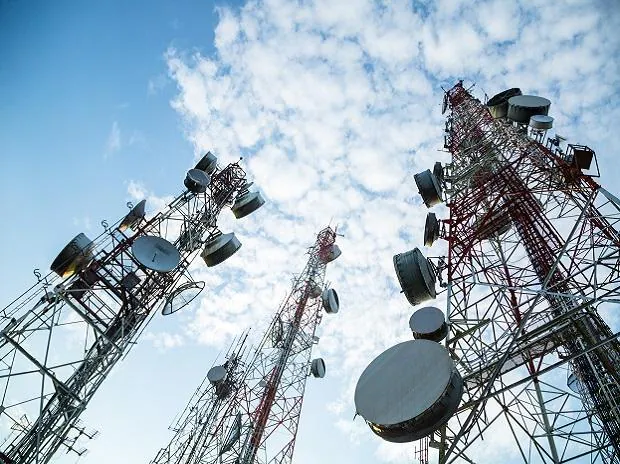[ad_1]
The Cellular Operators Association of India (COAI) has demanded imposition of tough conditions for allowing enterprises to set up “captive non-public networks”.
The move comes just a few days after the Cabinet, despite opposition from telcos, permitted enterprises to set up private networks, with the department of telecom (DoT) assigning them spectrum directly.
In a letter to DoT secretary K Rajaraman on June 18, the COAI demanded non-assignment of spectrum in the non-International Mobile Telecommunications (IMT) (5G) bands reserved for telcos.
It also made a demand for restricting the scope of such private networks for only machine-to-machine (M2M) communications and plant automation within the premises of a plant.
COAI also wants to ensure that they have no connection to public switched telephone networks (PSTN), internet cloud platforms, another private network or multiple offices and buildings.
COAI has also said that the spectrum assigned to end users should not result in creation of third parties or intermediaries operating on behalf of the enterprise.
The reason they said is that creation of third parties or intermediaries installing and operating the network for private networks would “result in backdoor entry for third parties to act as telecom service providers (TSPs) without obtaining the spectrum through the same process (auctions) as TSPs.”
Therefore, like the unified licensees, private network owners “must own all equipment installed for the purpose of private networks and not obtain them on lease/rental from the third party players”. If they want to do so they must obtain the spectrum through the same process as TSPs.
The move — if implemented — could keep out any other competitors like global tech companies Google, Amazon or IT companies to provide the services.
It would restrict the collaboration for enterprises only to a few telcos.
In the letter, the telcos have also said that use cases meant for the masses cannot be part of a captive network.
They have argued that there has been demand from many stakeholders that captive networks could create use cases for financial inclusion and agriculture sector connectivity.
But telcos have demanded that since financial inclusion by design intends to include 100 per cent of the population, and agriculture sector would need interconnection of 70 per cent of the population, such use cases cannot be undertaken by captive networks.
Also, demand from some stakeholders for allocating spectrum to set up private networks for vehicle-to-vehicle connectivity, controlling drones and M2M connectivity from devices cannot be allowed, it said.
Justifying its stand that no IMT band spectrum should be assigned to captive networks, COAI has said there is already a shortage of harmonised spectrum for TSP networks.
At present, only the 3.3 Ghz mid-band and the 2.85 Ghz have been put for auction in 5G.
However, if other bands that are likely to be identified for IMT are not reserved, it would constrain TSPs.
They would then not be able to properly plan their networks to meet customer demand.
It said that the Telecom Regulatory Authority of India (TRAI) has ignored the issue while recommending 3.7-3.8 GHz and 28.5-29.5 GHz for private captive networks.
The COAI letter also asked private networks to ensure no interference to other networks. Also, it said that they should ensure compliance to electro-magnetic field (EMF) norms, subscriber verification rules and follow all security norms, among others.
It added that they should also come under lawful interception requirements and follow roll out obligations like telcos.
 Dear Reader,
Dear Reader,
Business Standard has always strived hard to provide up-to-date information and commentary on developments that are of interest to you and have wider political and economic implications for the country and the world. Your encouragement and constant feedback on how to improve our offering have only made our resolve and commitment to these ideals stronger. Even during these difficult times arising out of Covid-19, we continue to remain committed to keeping you informed and updated with credible news, authoritative views and incisive commentary on topical issues of relevance.
We, however, have a request.
As we battle the economic impact of the pandemic, we need your support even more, so that we can continue to offer you more quality content. Our subscription model has seen an encouraging response from many of you, who have subscribed to our online content. More subscription to our online content can only help us achieve the goals of offering you even better and more relevant content. We believe in free, fair and credible journalism. Your support through more subscriptions can help us practise the journalism to which we are committed.
Support quality journalism and subscribe to Business Standard.
Digital Editor
[ad_2]
Source link

 Dear Reader,
Dear Reader,